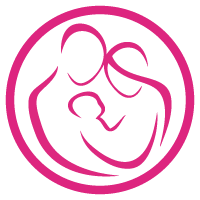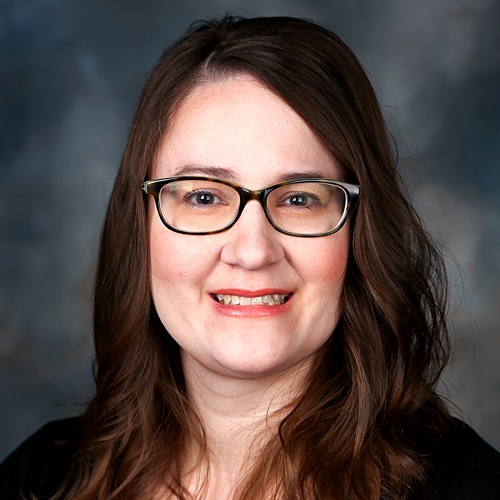 Neonatology Online Course(s) & Continuing Education
Neonatology Online Course(s) & Continuing Education
Access the latest clinical skills and research for Neonatology for Maternal Health professional training. These Neonatology online courses provide practice-changing skills and valuable perspectives from leading global experts. This Neonatology education has been accredited for a variety of CEUs / CERPs and can be accessed on-demand, at your own pace.
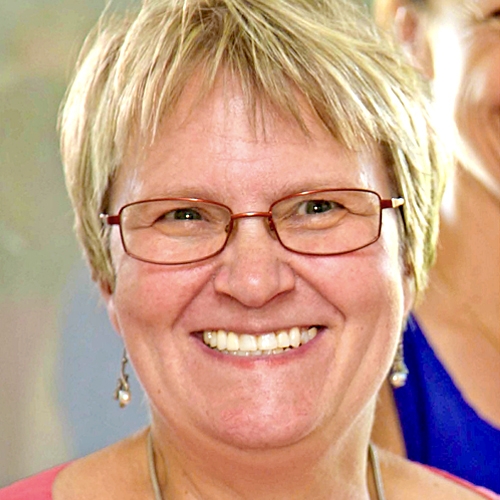
Breastfeeding of Preterm Infants – Associated Factors in Infants, Mothers, and Clinical Practice

Clinical nurse researcher in the area of breastfeeding preterm infants and skin-to-skin contact at dept. of Neonatology, Copenhagen University Hospital Rigshospitalet and leader of Knowledge Centre for Breastfeeding Infants with special needs. Member of the Nordic and Quebec Working Group expanding the BFHI for neonatal wards (Neo-BFHI).
Breastfeeding of preterm infants is associated with factors in infants, mothers and clinical practice.
Extremely preterm infants establish exclusive breastfeeding at a higher PMA and have twice the risk of not being exclusively breastfed at discharge. Low education, less breastfeeding experience, and smoking are maternal factors negatively associated with exclusive breastfeeding.
Admitting mothers to the NICU together with the infant immediately after delivery is associated with earlier establishment of exclusive breastfeeding. The later the initiation of breast milk expression, the later the establishment of exclusive breastfeeding, and the higher risk for failure of exclusive breastfeeding at discharge and inadequate breastfeeding duration. The use of a nipple shield is associated with failure of exclusive breastfeeding at discharge and inadequate duration of exclusive breastfeeding. Minimizing the use of a pacifier during breastfeeding establishment and test weighing the infant are positively associated with exclusive breastfeeding at discharge.

View Details / Enroll

Building a Legacy: Views About Autopsy, Organ Donation, and Research Donation After Neonatal Death

Cody is a Clinical Nurse II and serves as chair of a pain and palliative care committee in a level 4 NICU at UCSF Benioff Children's Hospital in San Francisco, CA. He switched careers to nursing as a result of experiencing the death of his newborn daughter, Quinn, in the NICU. Cody is an experienced educator reflected by his years teaching Chemistry at the high school level. His graduate degree is in qualitative research, which has supported his efforts in improving neonatal palliative care.
Families whose infants die in the Neonatal Intensive Care Unit (NICU) may be asked about autopsy, organ donation, and research tissue donation. Understanding how parents experience these often difficult but important conversations is crucial information for healthcare teams. This presentation provides the results of research that looked at the perspectives of parents who had experienced neonatal loss. Make a lasting difference to the families in your care by learning more about how to approach the conversation of autopsy, organ donation, and tissue donation for research in a way that is parent centered.

View Details / Enroll
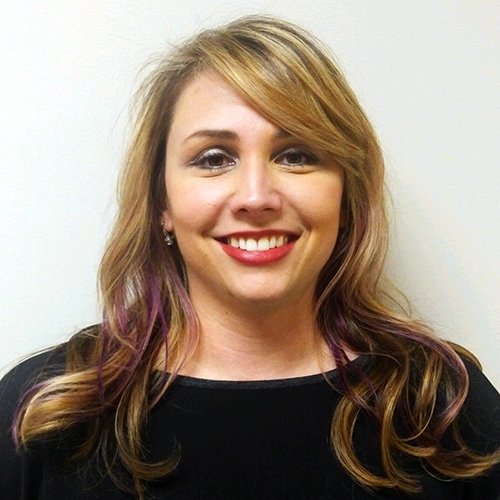
Building a Successful Breastfeeding Program in the NICU: Challenges and Practical Solutions

Amber Valentine is a Speech-Language Pathologist who graduated from the University of Kentucky with her MS in Communication Disorders. She is a Board Certified Specialist in Swallowing and Swallowing Disorders and an International Board Certified Lactation Consultant, as well as a Certified Neonatal Therapist (CNT). She worked for Baptist Health Systems, Inc for 8 years before moving to Florida where she worked for Wolfsons Children’s Hospital and Mayo Florida. She is now back in Kentucky working for Baptist Health Lexington. She has experience in adults and pediatrics with feeding and swallowing difficulties including: bedside swallow evaluations, Modified Barium Swallow studies, FEES, and pediatric feeding evaluations including NICU. She has experience with head and neck cancer patient including evaluation and treatment of swallowing difficulties, PMV use, and voice after total laryngectomy including TEP. She has provided guest lectures for the University of Kentucky, Eastern Kentucky University, and the University of Louisville on feeding and swallowing topics. She has presented at the hospital, local, state, national, and international levels on pediatric feeding/swallowing and breastfeeding.
Topic: Breastfeeding Medically Complex Infants in the Neonatal ICU - [View Abstract]
Topic: Building a Successful Breastfeeding Program in the NICU: Challenges and Practical Solutions - [View Abstract]
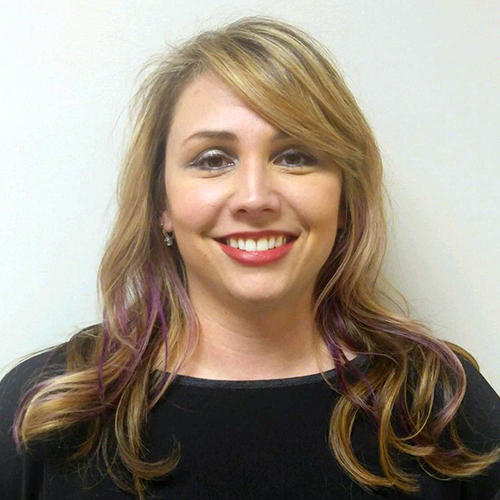
View Details / Enroll
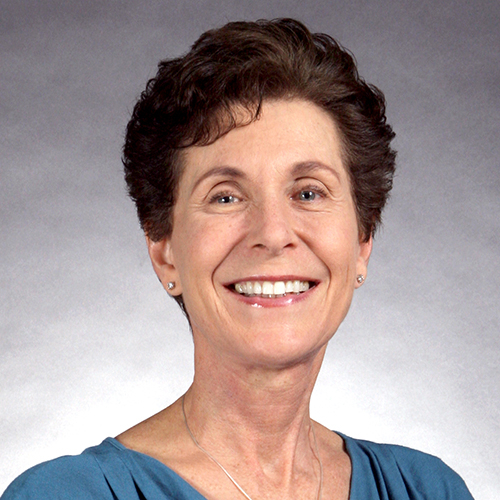
Building Strong Bonds: The Neurobiology of Parent-Infant Attachment in the NICU

After raising three children as a stay-at-home mother, Dr. Phillips received a master’s degree in Developmental Psychology with a focus on mother-infant attachment, became NIDCAP certified as a Preterm Infant Developmental Specialist, and then attended medical school at University of California, Davis. She completed her pediatric residency and neonatology fellowship at Loma Linda University Children's Hospital in S. California and is an attending neonatologist in the Level 4 NICU at the same hospital. She is an Associate Professor of Pediatrics/Neonatology at Loma Linda University School of Medicine and is Pediatric Department Chair and Medical Director of Neonatal Services at Loma Linda University Medical Center-Murrieta. Dr. Phillips is an International Board-Certified Lactation Consultant, a Fellow of the Academy of Breastfeeding Medicine, and a past president of the National Perinatal Association (NPA). She is currently President of the Association for Prenatal and Perinatal Psychology and Health (APPPAH), a global non-profit organization with a mission to support healthy infant-parent relationships before and after birth. Her passion is to honor and nurture the earliest connections between babies and their parents.
Developing secure bonds of attachment is a major developmental task for all human babies, a process that is considered to be foundational for future mental health and even physical wellbeing. The mechanism for doing so is called “nurturing,” and a growing body of evidence supports the impact of nurturing on physiologic stability, co-regulation and growth, as well as brain development and ongoing physical and emotional health. The first bond of attachment is between mother and baby and begins before birth. Separation of mothers and babies always causes stress and interrupts the bonding and attachment process. When temporary separation is necessary in the NICU, there are ways we can support mothers and babies to help minimize the detrimental effects of separation and to promote healing. This presentation will describe the neuroscience behind parent-infant bonding and attachment and the neurobiology of skin-to-skin contact as a modality for nurturing babies. We will describe ways to communicate with NICU babies in a manner that enhances bonding and attachment and promotes the development of trust as well as enhances brain and language development. We will discuss ways to support babies, mothers, families, and staff in promoting bonding and attachment in the NICU.
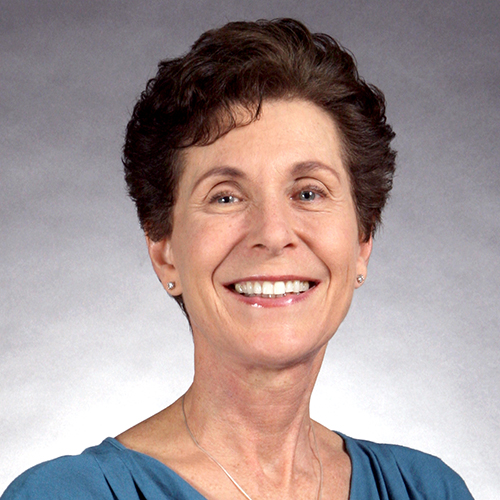
View Details / Enroll
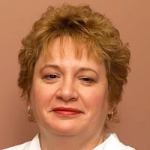
Caring for the Caregiver: Supporting Optimal Mental Health for NICU Staff

Cheryl has been a practicing educational psychologist for 37 years. She has spent the last 34 years of her career providing psychological, neurodevelopmental and infant mental health services in neonatal intensive care units and developmental follow-up clinics. Cheryl currently is working with NICUs to provide staff professional development and self-care education. This work nurtures the NICU professional team so they can nurture and support infants and their families. Cheryl is the National Perinatal Association’s Director of Development and Outreach. Cheryl is a member of the World Association for Infant Mental Health, The Pennsylvania Association for Infant Mental Health. She advocates for families with substance use issues during the perinatal period.Cheryl’s passion is helping families and staff to give optimal care to infants and young children. This care provides the infant or child with the foundation they need to live full, rich and healthy lives.
The presentation will focus on the impact of NICU work on the mental health of the staff, how to care for one’s self and co-workers and how to recognize mental health issues. Specifically, self-care issues around sleep, nutrition, exercise and attitude will be discussed. Identifying the signs of compassion fatigue, burnout and posttraumatic stress disorder and how to treat them will complete the presentation.
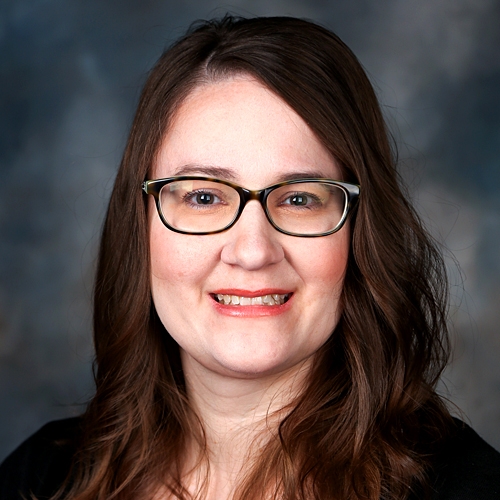

M. Petrea Cober, PharmD, BCNSP, BCPPS, attended the University of Tennessee, College of Pharmacy in Memphis, Tennessee. She completed her PGY1 Pharmacy Residency at Penn State Milton S. Hershey Medical Center in Hershey, Pennsylvania, and her PGY2 Pharmacy Residency in Pediatrics at the University of Michigan Hospitals and Health System in Ann Arbor, Michigan. She is currently the Clinical Coordinator - Neonatal Intensive Care Unit and PGY1 Residency Program Director at Akron Children's Hospital where she provides clinical services and precepts pharmacy students, PGY1 pharmacy residents, and PGY3 medical pediatric residents. She is also the Section Lead for Specialty Care and an Associate Professor in the Department of Pharmacy Practice at Northeast Ohio Medical University (NEOMED). Her didactic teaching is in the areas of pediatrics, women’s health, and nutrition. Dr. Cober's expertise is in pediatric pharmacotherapy, nutrition, ethanol lock therapy, and management of patients with intestinal failure. She is active in local, state, and national pharmacy organizations.
Critically ill neonates and infants are often unable to maintain adequate nutrition through the enteral route and require parenteral nutrition. Due to their increased nutritional needs, small size, and limited overall fluid intake, neonatal/infant parenteral nutrition requires specialized knowledge of stability and compatibility of parenteral nutrition macronutrients and micronutrients. Special attention will be given to issues involving protein requirements, glucose infuse rates, provision of lipid injectable emulsions utilizing newer products, calcium and phosphate compatibility, and challenges with limited intravenous access.

View Details / Enroll
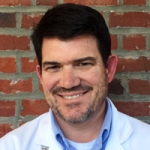

Jim Thigpen has been a pediatric clinical pharmacist for 30 years and is currently an associate professor of pharmacy at East Tennessee State University Bill Gatton College of Pharmacy. When he began his training at MUSC in Charleston, SC, they were investigating Survanta and he has been witness to and a participant in the evolving world of neonatology since. He has spoken at several neonatal nursing conferences over the years and enjoys helping other practitioners learn about and apply pharmacotherapy in this special population.
Topic: Clinical Pain Management in the Neonate - [View Abstract]
Topic: Pharmacotherapy for Hemodynamic Instability in Neonates - [View Abstract]
When faced with a potential neonatal infection, it is critical to choose the correct antibiotic(s) for the situation. Considering the environment of antibiotic resistance and some of the limitations for antibiotic use in this fragile population, selecting the right drug, dose, interval and monitoring parameters can be life and death decisions. This presentation will help the learner understand the complexities of this problem and provide them with the tools to provide state-of-the-art medical care.


Dr. Prescott is currently and Assistant Professor at the University of South Florida and the Assistant Director of the College of Nursing's Biobehavioral Lab. Her research centers around the maternal and neonatal microbiota and it's interaction with host immunity to impact growth and metabolism. She has been a neonatal nurse practitioner since 2010, completed her PhD at the University of Virginia in partnership with the National Institutes of Health. Her postdoctoral work at the National Cancer Institute assessed perinatal antibiotics on the microbiome of mothers and their offspring. She has written several educational and review articles addressing the management of neonates with cardiovascular disease.
Nurses and providers often encounter neonates with prenatally diagnosed or undiagnosed cardiovascular disease in the delivery room, well-baby nursery, or neonatal intensive care unit. Distinguishing between respiratory and cardiovascular disease is imperative for proper management. In this talk, I will review normal fetal, neonatal, and transitional circulation, and critical congenital heart diseases, their early presentation and initial treatment strategies. I will also discuss the cardiovascular implications and management strategies of common delivery complications and of prematurity.


Jim Thigpen has been a pediatric clinical pharmacist for 30 years and is currently an associate professor of pharmacy at East Tennessee State University Bill Gatton College of Pharmacy. When he began his training at MUSC in Charleston, SC, they were investigating Survanta and he has been witness to and a participant in the evolving world of neonatology since. He has spoken at several neonatal nursing conferences over the years and enjoys helping other practitioners learn about and apply pharmacotherapy in this special population.
Topic: Clinical Pain Management in the Neonate - [View Abstract]
Topic: Pharmacotherapy for Hemodynamic Instability in Neonates - [View Abstract]
Managing pain and discomfort in the neonatal patient is complex in many ways. Immature metabolic processes can lead to unpredictable effects that may lead to either negative effects and/or unsuccessful control of pain. As we have learned more about these metabolic pathways and how these medications are utilized, more evidence now exists that determine when one medication may be preferred over another depending on the clinical situation. Looking into the future of drug dosing, we may soon be able to determine a neonate's pharmacogenomic profile in order to provide true personalized medicine.
This presentation will help the learner understand the complexities of these challenges and provide them with the information and the tools to provide state-of-the-art medical care.

Closeness and Separation and Its Importance for Parenting and Feeding in NICUs

Renée Flacking is Associate Professor and the leader for Reproductive, Infant and Child Health (RICH) at the School of Education, Health and Social Studies, Dalarna University, Sweden. Renée has a background as a Paediatric Nurse, having worked in a Neonatal Care Unit for more than 10 years. In 2007, she received her PhD in Medical Science, Uppsala University: Breastfeeding and Becoming a Mother – Influences and Experiences of Mothers of Preterm Infants. In 2009-2010 she undertook her PostDoc, conducting an ethnographic study in neonatal units in Sweden and England focusing on infant feeding and relationality. Renée has published more than 40 articles on neonatal care and is the Editor, together with Professor Fiona Dykes, for the book Ethnographic Research in Maternal and Child Health, Routledge. Renée’s main research interest is in the area of parenting and feeding in families with preterm infants focusing on emotional, relational and socio-cultural influences.
This presentation highlights the impact of separation and closeness on the parent and infant but also the impact of the design in neonatal units on breastfeeding/feeding and relationships. Most neonatal units across the world are designed as Open-bay units with little privacy and few means for mothers to stay in close proximity with their infants. Such units are challenging for parents and even more so in terms of breastfeeding support. With single room units, new challenges appear and hence new strategies need to be sought. Through consideration of the literature and by examples from different studies I will try to illuminate the impact of neonatal units’ design on feeding and parenting.

View Details / Enroll

View Details / Enroll




